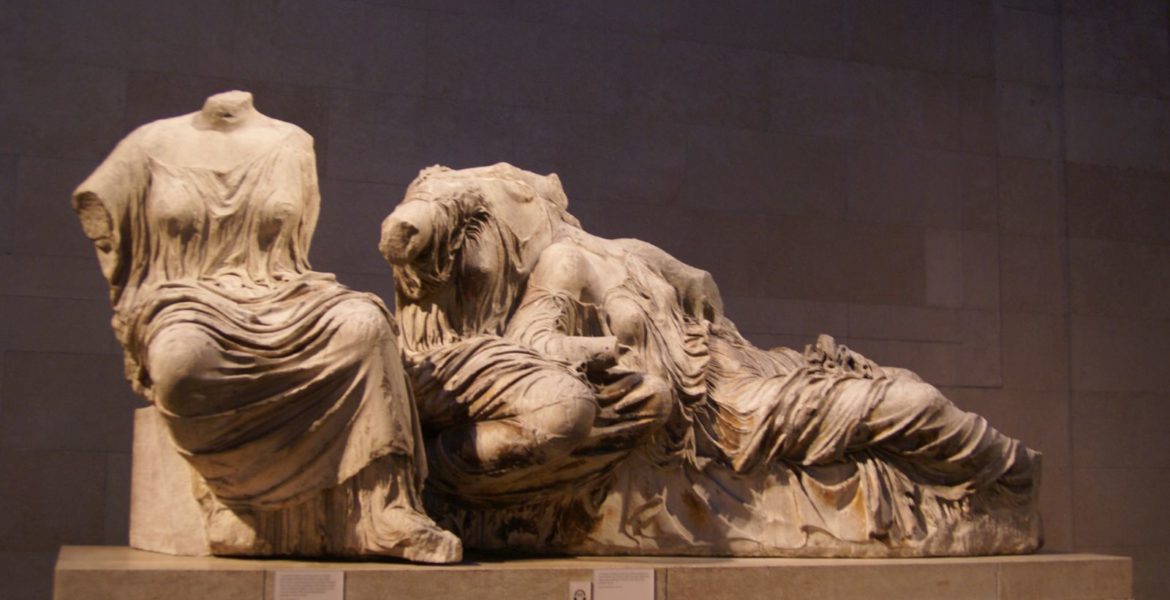The UK government has rejected Unesco’s recommendation that it reconsider the ownership status of the fabled Parthenon Marbles held in the collection of the British Museum. Following a meeting of Unesco’s Intergovernmental Commission for the Return of Cultural Property to Countries of Origin (ICPRCP) in Paris last week, the organization urged the British government to investigate the conditions under which the marbles were brought to England to consider returning them to Greece. Unesco’s recommendation was a victory for Greece, which first brought the matter to the organization in 1984.
The British Museum received the contested group of sculptures, dating to the fifth century BC and made by the classical Greek sculptor Phidias and his assistants, in 1801 from Scotsman Thomas Bruce, the Seventh Earl of Elgin. Lord Elgin served as the British ambassador to the Ottoman Empire when he allegedly negotiated with the Ottoman Turks who controlled the region surrounding the Parthenon to bring the objects to England. Known as the Elgin Marbles or the Parthenon Marbles, these stunning works have been widely credited with transforming the European concept of Greek art; they have since served as the touchstone around museums interpreting and displaying human culture.
In bringing the Parthenon Marbles to Greece, Lord Elgin has wanted to protect them from the Turks, who did not value them at the time.
However, many Greek citizens question the capacity in which the ambassador was serving, seeing him as an interloper rather than an anointed official, and his dealings with Ottoman authorities as thus subject to scrutiny. The Greek position is said to rest on new historical data proving that the British official acquired the sculptures illegally.
In rejecting Unesco’s call to readdress the circumstances surrounding the marbles’ arrival in England, the UK government pointed to an 1816 investigation of the events relating to their obtainment by Lord Elgin and subsequently by the British Museum, which concluded that all transactions had been legal and above-board.
The government also cast the art institution as independent of the state, thus not subject to its demands. For its part, the British Museum has maintained that it believes its stewardship of the marbles allows the most people from the most places access to the cultural treasures. Greek officials have not yet issued a statement responding to the dismissal.


